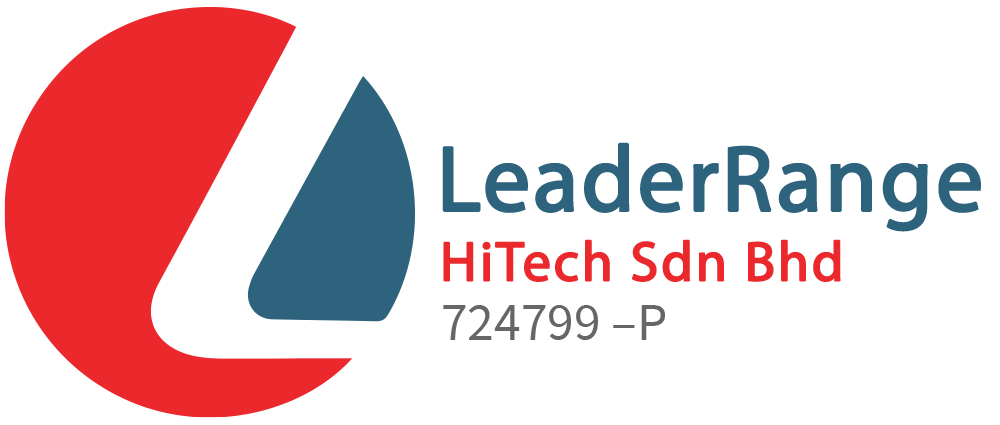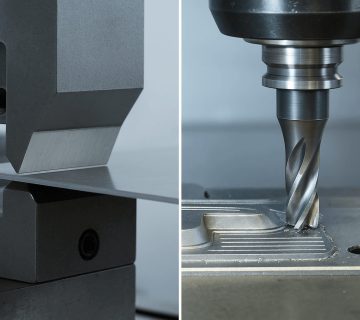In the semiconductor industry, precision and reliability are key factors when selecting materials for shear pins. Unlike shear pins used in heavy machinery like snow blowers, precision shear pins in semiconductor applications must meet strict requirements for strength, durability, and minimal tolerances.
These small but crucial components help protect sensitive semiconductor processing equipment by ensuring alignment, absorbing stress, and preventing damage from overloads. Choosing the right material for precision shear pins is essential to maintaining the efficiency and longevity of semiconductor manufacturing systems.
This article explores the key material considerations for selecting the best shear pins for semiconductor applications.
1. Understanding the Role of Precision Shear Pins in Semiconductor Applications
Precision shear pins are essential mechanical components used in semiconductor fabrication equipment to provide overload protection, maintain structural alignment, and support precision movements.
Unlike standard shear pins, which are primarily designed for torque-limiting applications, precision shear pins must meet stringent requirements in terms of hardness, tensile strength, and resistance to environmental factors.
Some of the critical functions of precision shear pins in semiconductor equipment include:
- Load Distribution: Evenly dispersing mechanical stress to prevent localized damage.
- Overload Protection: Acting as a sacrificial component to prevent damage to expensive machinery.
- Precision Alignment: Ensuring accurate positioning of semiconductor wafers and components.
- Wear Resistance: Maintaining long-term performance under repetitive stress cycles.
2. Key Material Properties for Precision Shear Pins
When selecting materials for precision shear pins in semiconductor applications, several key properties must be considered:
A. High Strength-to-Weight Ratio
Semiconductor manufacturing equipment often requires materials that offer a balance of strength and weight. High-strength alloys such as titanium and stainless steel are preferred due to their ability to withstand shear forces while maintaining a lightweight structure.
- Titanium Alloys: Titanium shear pins provide excellent strength-to-weight ratio, corrosion resistance, and biocompatibility. Titanium Grade 5 (Ti-6Al-4V) is commonly used due to its superior mechanical properties.
- Stainless Steel (300 and 400 Series): Offers high tensile strength and resistance to mechanical wear, making it suitable for environments with high loads.
B. Corrosion and Oxidation Resistance
Semiconductor manufacturing often involves exposure to chemical vapors, extreme temperatures, and cleanroom environments. Therefore, materials used for shear pins must resist oxidation and corrosion to ensure longevity.
- Nickel-Based Alloys: Provide excellent corrosion resistance, particularly in aggressive chemical environments.
- Stainless Steel (316L): A low-carbon variant that resists corrosion in high-humidity conditions.
- Titanium: Naturally corrosion-resistant, making it ideal for high-purity semiconductor processing.
C. Precision Machinability
Precision shear pins must adhere to strict tolerances, often within microns, to ensure proper alignment and fit. Materials must be selected based on their machinability to achieve the necessary precision without compromising structural integrity.
- Aluminum Alloys (6061, 7075): Easily machined with high precision but require additional surface treatment for durability.
- Hardened Steel: Offers superior machinability and strength but may require specialized coatings to prevent corrosion.
D. Thermal Stability and Expansion Coefficients
Semiconductor processing environments experience temperature fluctuations that can lead to material expansion and contraction. The coefficient of thermal expansion (CTE) of shear pin materials must align with surrounding components to maintain stability.
- Inconel Alloys: Known for their high-temperature resistance and stable CTE.
- Ceramic Composites: Offer minimal thermal expansion, making them suitable for ultra-precise applications.
3. Advanced Coatings and Surface Treatments
To enhance the performance and longevity of precision shear pins, advanced coatings and surface treatments can be applied. These treatments improve wear resistance, reduce friction, and prevent contamination in cleanroom environments.
- PVD (Physical Vapor Deposition) Coatings: Improve hardness and reduce surface friction.
- Anodization (for Aluminum Alloys): Enhances corrosion resistance and increases surface hardness.
- Electropolishing (for Stainless Steel and Titanium): Reduces surface roughness and minimizes contamination risks.
4. Selecting the Right Shear Pin Manufacturer
Choosing a reliable shear pin manufacturer is essential to ensure consistency, quality, and compliance with semiconductor industry standards. A reputable shear pin manufacturer will offer:
- Custom Fabrication Services: Ability to produce shear pins tailored to specific semiconductor equipment requirements.
- Strict Quality Control: Adherence to industry standards such as ISO 9001 and AS9100 for high-precision components.
- Material Certification: Providing full traceability and compliance with semiconductor-grade material specifications.
- Rapid Prototyping and Testing: Ensuring shear pins meet the precise load and stress requirements before full-scale production.
5. Future Trends in Precision Shear Pins for Semiconductor Applications
The evolution of semiconductor manufacturing demands continuous improvements in component materials and designs. Emerging trends include:
- Nanostructured Materials: Utilization of advanced composites and nanostructured alloys to improve strength and durability.
- 3D Printing for Rapid Prototyping: Additive manufacturing is enabling quick development and customization of shear pins.
- Self-Lubricating Coatings: Integration of advanced coatings that reduce friction and extend component lifespan.
- Smart Load Sensing Shear Pins: Incorporating sensor technology to provide real-time monitoring of stress loads and potential failures.
Conclusion
Selecting the right material for precision shear pins in semiconductor applications is crucial for ensuring operational efficiency, longevity, and accuracy. Factors such as strength, corrosion resistance, thermal stability, and machinability play a significant role in determining the ideal material choice.
Additionally, partnering with a shear pin manufacturer ensures quality control and compliance with stringent industry standards. As semiconductor technology advances, the continuous evolution of precision shear pin materials and designs will further enhance the performance and reliability of critical manufacturing equipment.

